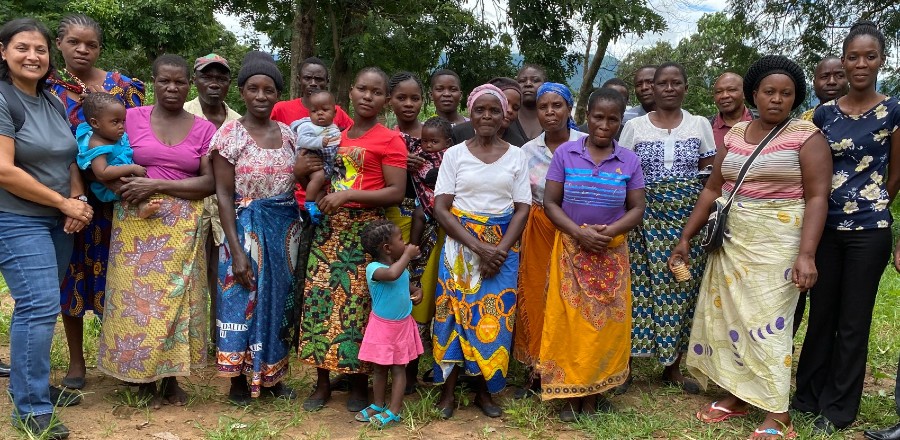Climate emergency is still most significant global challenge, says Professor Jafry

Professor Tahseen Jafry will join high-level sustainability advocates to address the issue of loss and damage caused by climate change.
The director of Glasgow Caledonian University’s Mary Robinson Centre for Climate Justice will join First Minister Nicola Sturgeon and UN Climate Champion Nigel Topping at the Scottish Government Loss and Damage Conference on October 11 and 12.
The conference, hosted in partnership with the UN High Level Champions and Global Resilience, will stress that the climate emergency is still the single most significant and urgent challenge the world faces.
Professor Jafry said: “Impacts from climate change are no longer distant or theoretical. Both sudden and slow onset events are causing losses and damages to nature and people, with those least responsible being affected first and most severely.
“A focus on practical steps to help address the needs of communities suffering the acutest impacts is needed to drive forward more immediate action. This conference will bring together practitioners, academics, officials from states and regions and investors to explore how finance should be channelled to the most vulnerable and to consider best practice for addressing the losses and damages.”
Scotland was among the first developed nations to pledge finance to address Loss and Damage, with the First Minister committing £2 million to the cause during COP26 last year.
The conference will explore how we can mobilise finance, drive solutions and develop best practice for addressing losses and damages. The first day will focus on the different forms of finance available, and the second day will be a technical discussion of challenges and opportunities in using the available finance to deliver practical action to address loss and damage. These will all be brought together as part of the synthesis document, with an initial executive summary published at COP27.
Professor Jafry will also present evidence found by her centre’s research that shows climate change is making gender-based violence and mental-health problems worse for the most vulnerable women in Malawi.
